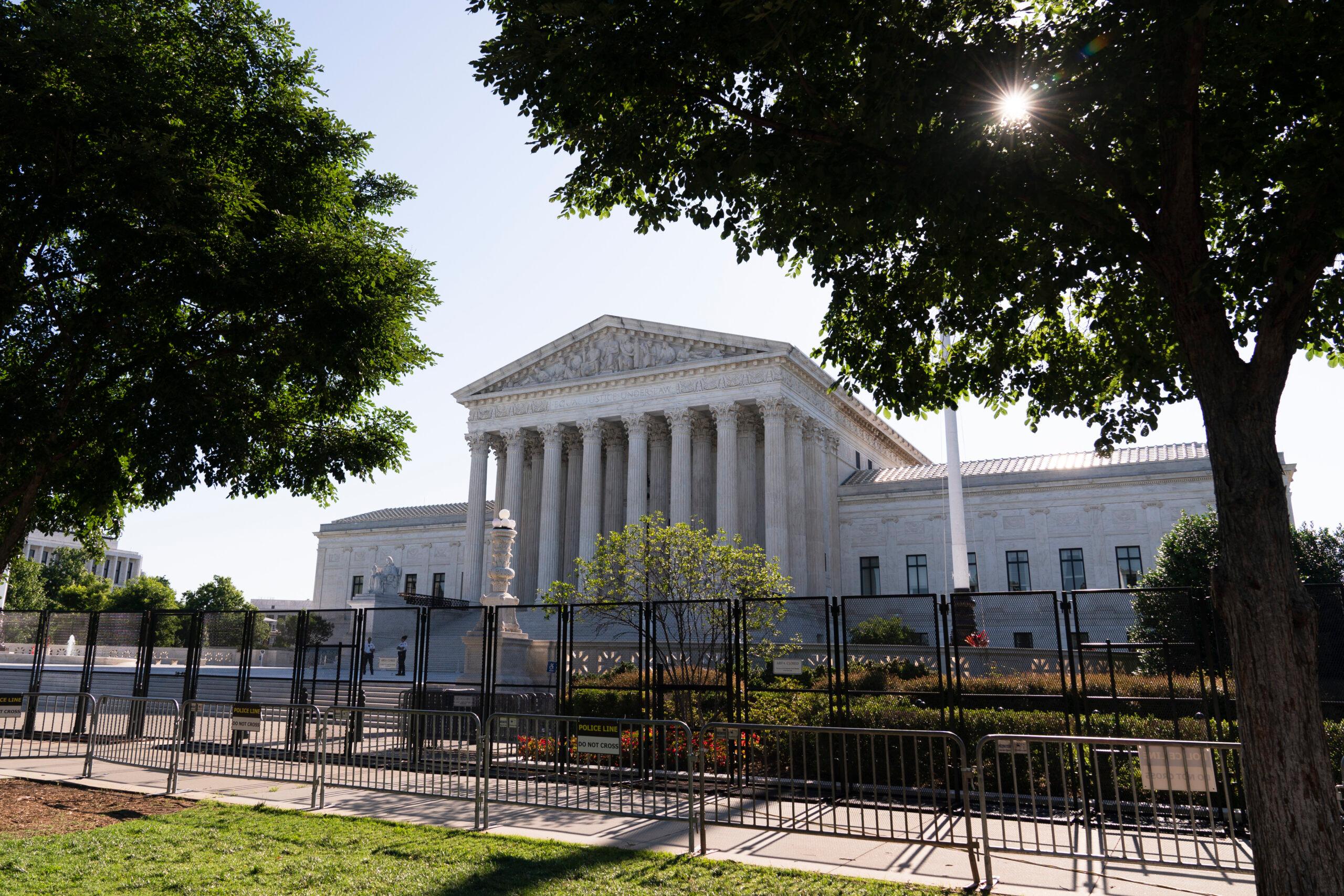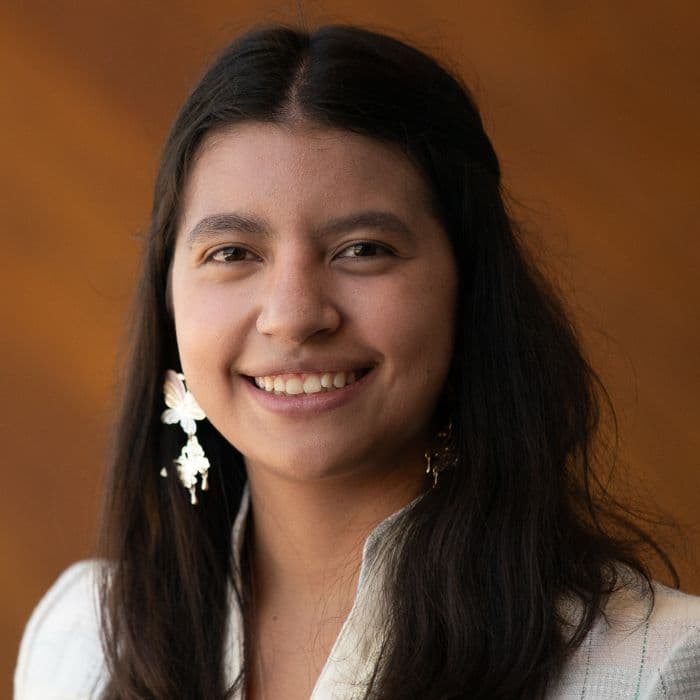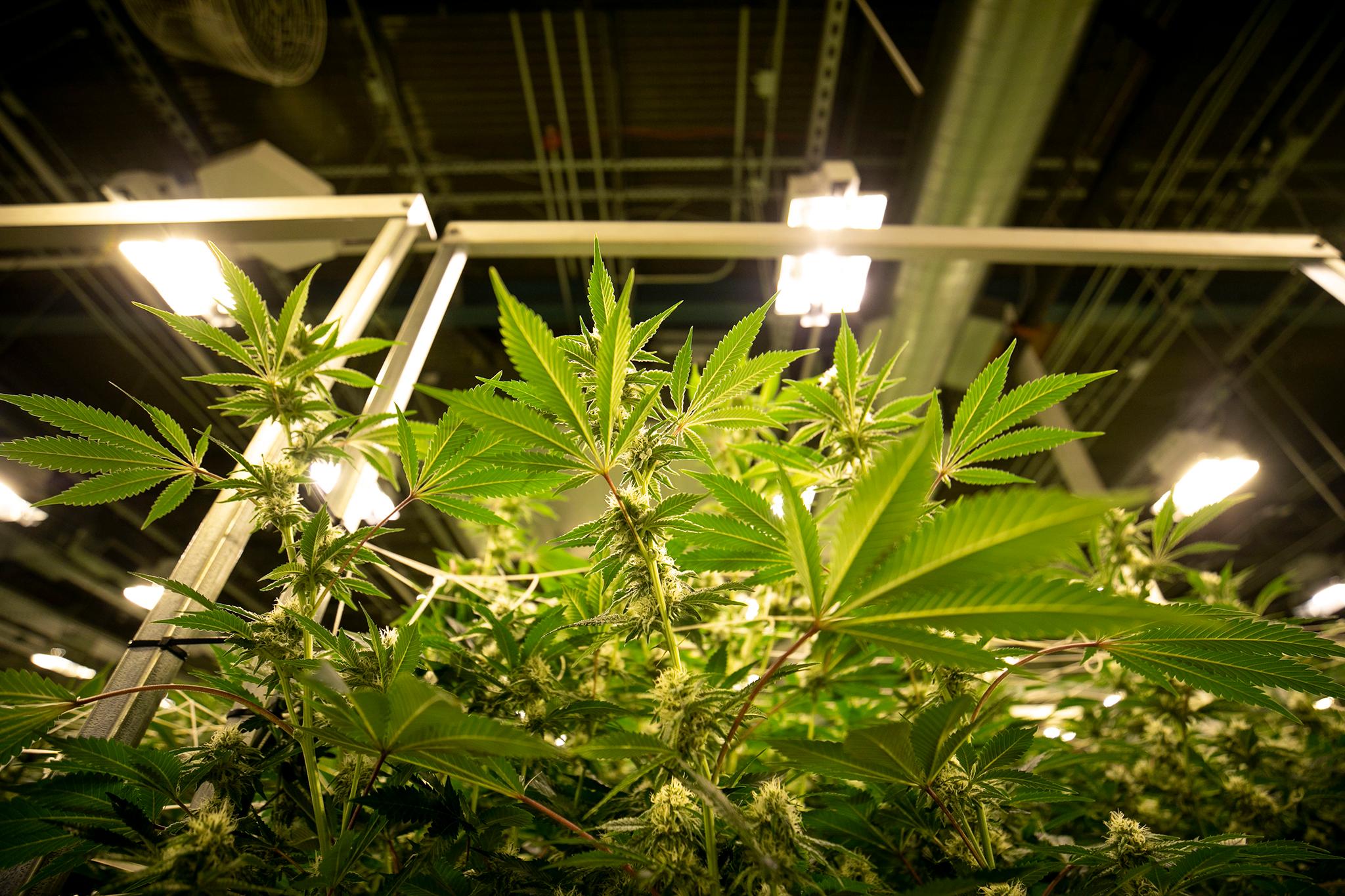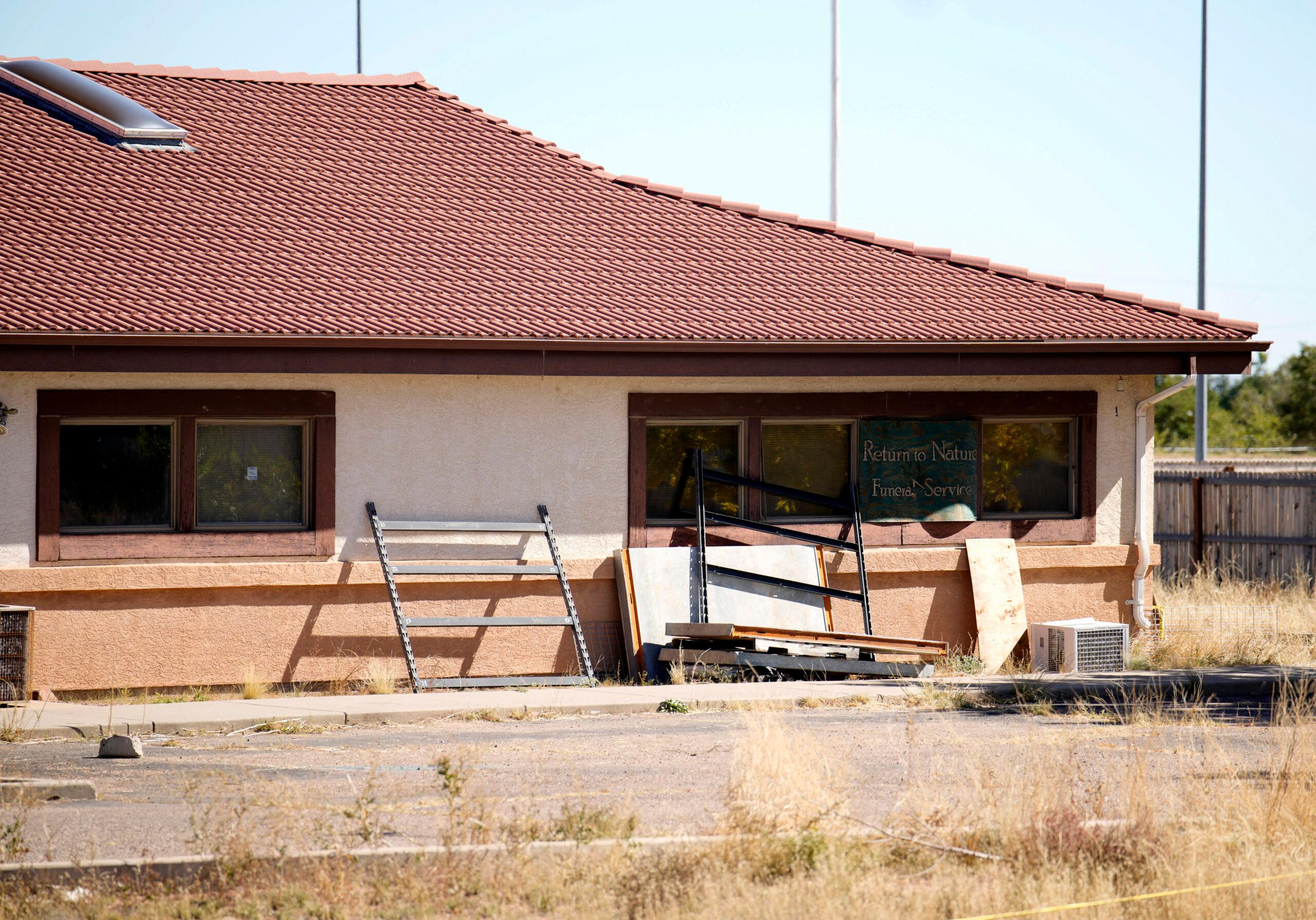
Colorado can’t force a Christian web designer to create gay wedding websites under the First Amendment, the U.S. Supreme Court ruled on Friday — a sweeping defeat of Colorado’s public accommodations laws that sought to ban discrimination against customers based on sexual orientation.
The decision, written by Justice Neil Gorsuch, a Coloradan, puts some closure on the tension between public accommodations laws that protect LGBTQ people and the business owners who say they don’t want to create products or “messages” they don’t believe in. Colorado has been at the epicenter of this fight for more than a decade.
“The First Amendment envisions the United States as a rich and complex place where all persons are free to think and speak as they wish, not as the government demands. Colorado cannot deny that promise consistent with the First Amendment," Gorsuch wrote.
Friday’s 6-3 decision was expected by state leaders and the gay rights community. Justice Sotomayor authored the dissenting opinion, noting that for the first time, “the court grants a business open to the public a constitutional right to refuse to serve members of a protected class.”
At a press conference on Friday held with faith leaders and gay rights advocates, Colorado Attorney General Phil Weiser agreed.
"This will enable and encourage all kinds of businesses, not just those who make websites, to have a First Amendment right to refuse customers because of who they are," Weiser said. "That means a business could refuse to serve an interracial couple claiming that interracial marriage is wrong. It means a payroll company or a photographer could say I don't want to do business with women-owned businesses because I don't think women should work outside the home. It means a book seller of religious texts could say I'm not going to sell books to a member of the church of Jesus Christ of Latter Day Saints because I don't think it's a legitimate religion."
Colorado’s state statute attempted to prohibit businesses from discriminating against customers based on race, creed, color, national origin, ancestry, sex, marital status, disability and — as of 2008 — sexual orientation.
The First Amendment guarantees freedom of religion and expression and the High Court has ruled before that the government can’t compel speech or expression. On Friday the court said “creative” or "expressive" businesses do not have to speak a message or create content they don't believe in based on their religious beliefs.
That means a hotel or a bus company would still not be able to turn someone away because of who they are, but the state can’t force a business to create a message or content — like a wedding cake, a wedding website or even a floral arrangement — that may go against what they believe.
In the current case, 303 Creative v. Elenis, Littleton website designer Lorie Smith sued Colorado because she said she wants to start making wedding websites but she doesn’t want to make them for gay couples. She told state officials she wanted to put a disclaimer on her business website explicitly saying she would not create websites for same-sex marriages “or any other marriages not between a man and a woman.”
State officials told her that would be considered discriminatory based on the state’s public accommodations laws, and so, in 2016, she preemptively sued them.
For Smith, she said she will happily serve any client for the majority of her business and says she has had LGBTQ clients in the past who have asked her to create websites that don’t have anything to do with religion. But she said she didn’t want to be compelled to create wedding websites because, as a Christian, she only believes in marriages between a man and a woman.
“It matters not to me how an individual identifies,” she told CPR News in an interview last year ahead of the oral arguments in the case. “What’s important to me is what message I’m being asked to create and design for. And those messages must be consistent with my convictions.”
In the six-page majority opinion, Gorsuch agreed with her.
“In some sense, of course, her voice is unique; so is everyone’s,” he wrote. “But that hardly means a state may co-opt an individual’s voice for its own purposes.”
On Friday, Smith said she was celebrating the decision.
"I'm incredibly grateful for the U.S. Supreme Court's ruling today that says that I'm free to create custom designs consistent with my beliefs without the fear of Colorado punishing me. This is a victory not just for me, but for all of us. Whether you share my beliefs or completely disagree with them, free speech is for everyone," she said.
This case wound its way up to the U.S. Supreme Court after justices declined to settle another Colorado case that started 11 years ago.
In 2012, a gay couple walked into a Lakewood bakery and asked the owner to create a custom wedding cake for them. He declined and said creating a custom cake for a same sex wedding violated his Christian beliefs. The couple, Charlie Mullins and David Craig, filed a complaint with the state’s Civil Rights Commission and it rose up through the courts from there.
At issue, lawyers have argued from the Alliance Defending Freedom, which represented both Smith and the Lakewood baker Dave Phillips, is compelled speech — not whether Phillips or Smith have actually discriminated against LGBTQ people.
ADF attorneys have argued that in the Lakewood case, Phillips didn’t throw the couple out of the store outright, he actually offered to sell them other baked goods that didn’t have a custom message on it.
“Regardless of what your position is on marriage, no one should be forced to take the opposite position,” said David Cortman, senior counsel for the Alliance for Defending Freedom. “The issue is not about where you stand on marriage, but the issue is do we want the government to compel us to take a stand on marriage, not on just this, but on anything.”
But the question before the court wasn’t whether the government could compel someone to take a stand, but whether the government could compel the creation of art that the artist herself found objectionable.
Weiser, whose team argued the case for the state’s civil rights decision in front of the High Court, has argued that carving out a loophole to the state’s laws could crack open wanton discrimination everywhere. The court has never weighed in on the nation’s various public accommodation laws that are rooted in civil-rights era protections for African Americans.
“This case would create a loophole that an individual could say, because I’m offering some product or service with an expressive element, I get to exclude, and you can fill in the blank here, it could be gays or lesbians but it could be Jews or Mormons or it could be African Americans,” he said. “That would be a revolution in our law that would be a radical step and it would undermine this core civil rights commitment that we’ve had for generations.”
On Friday, Weiser said his office was going to continue to defend Colorado's anti-discrimination laws. He expected this law to be challenged — by customers, by businesses — in courts.
Is a coffee purveyor a creative business? What about a florist? What about a boutique hotel? He said he will watch closely to make sure those businesses do not discriminate against people because of who they are.
"We don't know how broad this decision will end up being because we've yet to see how broad this loophole would be. We have yet to see any real world cases," he said. "As these cases emerge we'll be in a position to respond and to do our very best to defend equality and to limit the potential to allow this loophole to allow discrimination."
Gay rights advocates and interfaith leaders on Friday said they would stand together and encourage businesses to continue to welcome all groups of people. They said the ruling will have sweeping implications for everyone.
"At first when I heard this decision, my immediate thought was that this is bad for the LGTBQ plus community," said Shara Smith, executive director of the Interfaith Alliance of Colorado. "But then I realized it's not just bad for the LGTBQ plus community, it's also bad for people of color, for immigrants, for marginalized groups, for all of us. Because this decision allows businesses to use free speech in order to turn away customers they'd rather not serve. This allows us to bask in the weakness of our biases, our fears and our ignorance."
CPR News Colorado Matters Producer Tom Hesse contributed to this story.
Previous coverage:
- Supreme Court seems poised to side with Colorado web designer in 303 Creative case
- This Colorado web designer doesn’t want to make wedding sites for same-sex couples. The U.S. Supreme Court will decide whether that’s legal
- Colorado’s Masterpiece Cakeshop case winds toward a decision with SCOTUS arguments









